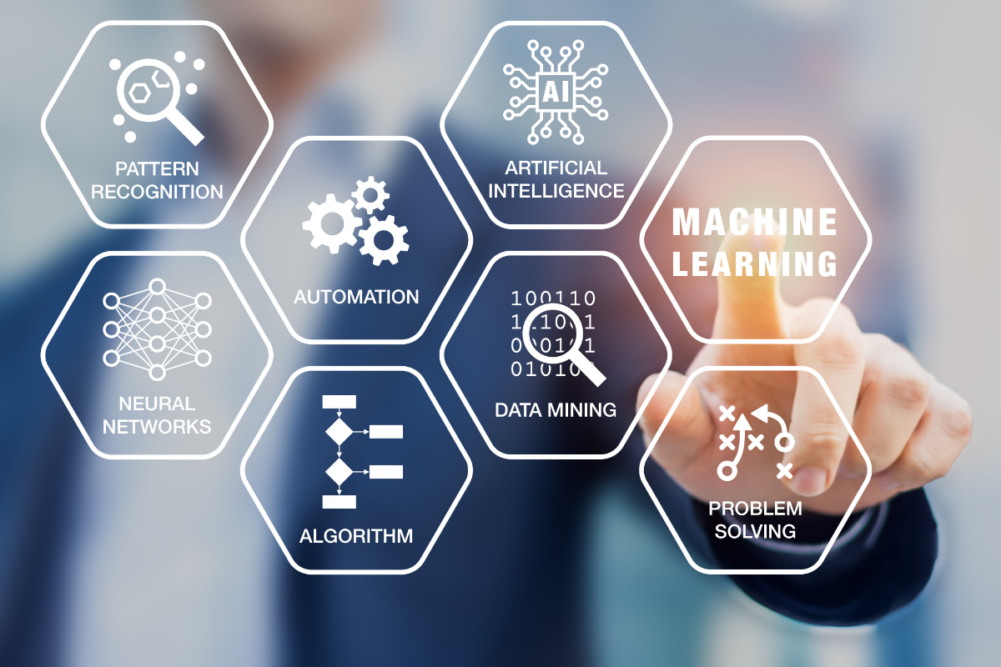 KANSAS CITY — Food and beverage manufacturers are putting the people and platforms in place to reap the benefits of artificial intelligence. The potential of AI is vast and may one day impact nearly all aspects of the supply chain. The challenge management teams face is identifying and investing in the tools that will deliver the greatest return on investment.
KANSAS CITY — Food and beverage manufacturers are putting the people and platforms in place to reap the benefits of artificial intelligence. The potential of AI is vast and may one day impact nearly all aspects of the supply chain. The challenge management teams face is identifying and investing in the tools that will deliver the greatest return on investment.
Artificial intelligence is the use of algorithms, some more sophisticated than others, to analyze streams of data more quickly than any human and identify patterns and trends. With enough data, the technology may be capable of predicting market movement. The technology has been promoted as game changing for decades. It now is commonly used in e-commerce, financial services, logistics, marketing and other businesses. But AI’s adoption in the consumer packaged goods (CPG) industry has been slow, according to the market researcher GlobalData.
“While AI can be used across the consumer goods value chain, it is not currently commonplace outside of retail,” said Sarah Coop, thematic analyst for GlobalData. “AI can also help other companies in the chain such as FMCG (fast-moving consumer goods) weather the COVID-19 storm by streamlining operations and saving costs. Further, AI-driven production efficiencies will help with price stability and limit the costs being passed onto the consumer.”
Recent actions by some companies indicate the industry’s transition to an AI-enabled future is underway. PepsiCo, Inc., for example, named Athina Kanioura executive vice president and chief strategy and transformation officer. She will oversee PepsiCo’s digitalization and data strategy while leading a companywide transformation that focuses on accelerating growth and identifying opportunities for cost efficiency and optimization, according to the company.
Prior to joining PepsiCo, Ms. Kanioura was chief analytics officer and global head of applied intelligence for Accenture, a consultancy. There she specialized in applying artificial intelligence and analytics.
The J.M. Smucker Co. will complete the implementation of its Customer GPS platform this year. Customer GPS uses over one billion points of data and applies AI to determine and then measure the optimal set of conditions for each of the company’s customers, in some cases, down to the store level. The company is using the platform to improve its sales execution, from distribution to product placement.
“For every customer, we will establish clear GPS targets, and we will use every lever at our disposal to execute against these targets,” said Geoff E. Tanner, chief marketing and commercial officer during the company’s Investor Day in December. “Customer GPS and this focus on fundamental execution at the store level is how we will further accelerate growth.”
And Canada’s McCain Foods Ltd. acquired a minority stake in Fiddlehead Technology in February. Fiddlehead helps CPG companies monetize their data and uses machine learning to anticipate category and competitor actions related to demand planning as well as pricing and promotions.
“The insight we have received working with Fiddlehead to date has been instrumental in helping McCain drive growth through data analytics,” said Jillian Moffatt, chief technology officer of McCain Foods.
One word stands out in each of these examples — growth. Companies have created numerous data streams during the past decade and are now learning to harness that data and use it to better inform decision making and performance. Those companies making investments in AI today may be better positioned to rapidly identify and unlock future growth opportunities.





